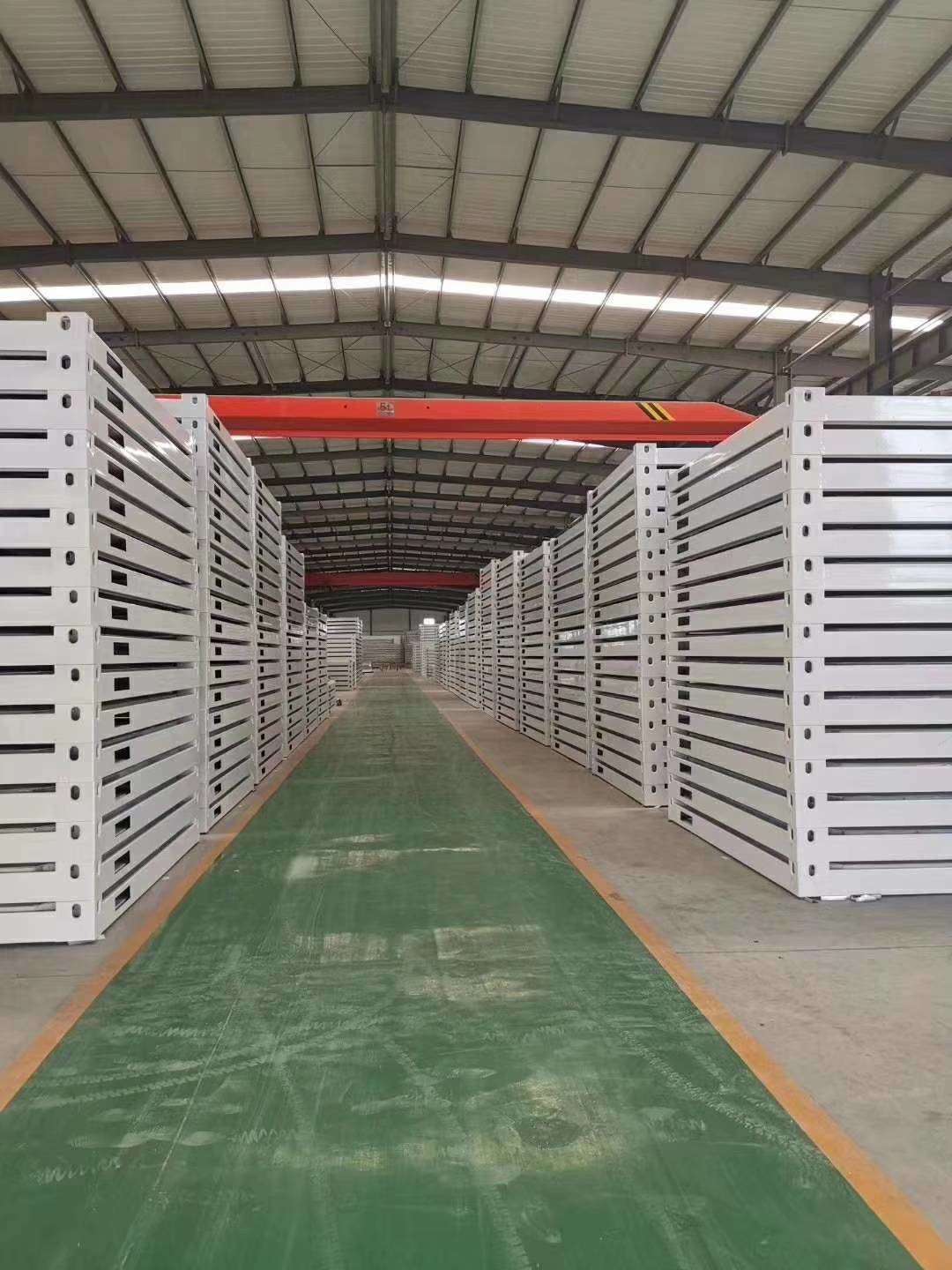Inhoudsopgave
Benefits of Implementing Container Technology in Modern IT Infrastructure
Container technology has revolutionized the way modern IT infrastructure is designed and managed. With the rise of cloud computing and the need for scalable and flexible solutions, containers have become a popular choice for organizations looking to streamline their operations and improve efficiency. In this article, we will explore the benefits of implementing container technology in modern IT infrastructure.

One of the key advantages of container technology is its portability. Containers encapsulate an application and all its dependencies, making it easy to move and deploy across different environments. This portability allows for greater flexibility in managing workloads, as containers can be easily transferred between development, testing, and production environments without any changes to the underlying infrastructure.
In addition to portability, containers also offer improved efficiency and resource utilization. Unlike traditional virtual machines, which require a separate operating system for each instance, containers share the host operating system, reducing overhead and maximizing resource utilization. This means that organizations can run more applications on the same hardware, leading to cost savings and improved performance.
Another benefit of container technology is scalability. Containers are designed to be lightweight and fast, making it easy to scale up or down based on demand. This flexibility allows organizations to quickly respond to changing workload requirements, ensuring that resources are allocated efficiently and effectively.
Security is also a key consideration when implementing container technology. Containers provide isolation between applications, reducing the risk of security breaches and minimizing the impact of any potential vulnerabilities. Additionally, containers can be easily updated and patched, ensuring that applications are always running on the latest software versions and are protected against known security threats.
Furthermore, containers promote a microservices architecture, which breaks down applications into smaller, independent services that can be developed, deployed, and scaled independently. This modular approach to software development allows for greater agility and flexibility, as developers can focus on building and maintaining small, specialized services rather than large, monolithic applications.
Overall, the benefits of implementing container technology in modern IT infrastructure are clear. From improved portability and efficiency to scalability and security, containers offer a range of advantages that can help organizations streamline their operations and stay competitive in today’s fast-paced digital landscape.
In conclusion, container technology is a powerful tool that can help organizations modernize their IT infrastructure and unlock new possibilities for innovation and growth. By leveraging the benefits of containers, organizations can improve efficiency, scalability, security, and agility, setting themselves up for success in the digital age. As technology continues to evolve, container technology will undoubtedly play a key role in shaping the future of IT infrastructure.
How Container Technology is Revolutionizing Software Development and Deployment Processes
Container technology has been making waves in the world of software development and deployment in recent years. This innovative technology has revolutionized the way applications are built, deployed, and managed, offering a more efficient and scalable solution for developers and IT professionals. The Container Technology Center is at the forefront of exploring the new frontiers of technology, helping organizations harness the power of containers to streamline their development processes and improve overall efficiency.
Containers are lightweight, portable, and self-contained units that package an application and all its dependencies, allowing it to run consistently across different environments. This eliminates the need for developers to worry about compatibility issues or configuration differences, making it easier to deploy applications quickly and reliably. The Container Technology Center provides a platform for organizations to learn about the benefits of container technology and how it can transform their software development and deployment processes.
One of the key advantages of container technology is its ability to improve resource utilization and scalability. Containers can be spun up and torn down quickly, allowing developers to scale their applications up or down based on demand. This flexibility enables organizations to optimize their infrastructure usage and reduce costs, as they only need to allocate resources when they are needed. The Container Technology Center offers training and resources to help organizations leverage containers effectively and maximize their benefits.
Another benefit of container technology is its portability and consistency. Containers can run on any platform that supports them, making it easy to move applications between different environments without any changes. This portability simplifies the deployment process and reduces the risk of errors, as developers can be confident that their applications will run the same way in any environment. The Container Technology Center provides guidance on best practices for container deployment and management, helping organizations ensure a smooth transition to containerized applications.
Security is a top concern for organizations when adopting new technologies, and container technology is no exception. The Container Technology Center offers resources and tools to help organizations secure their containerized applications and protect sensitive data. By implementing security best practices and leveraging container security features, organizations can mitigate risks and ensure the integrity of their applications. The Container Technology Center also provides training on container security, helping organizations stay ahead of potential threats and vulnerabilities.
In addition to improving resource utilization, scalability, portability, and security, container technology also enhances collaboration and productivity among development teams. Containers enable developers to work in isolated environments, allowing them to experiment with new technologies and tools without affecting the rest of the team. This flexibility fosters innovation and creativity, as developers can quickly prototype and test new ideas without disrupting the development process. The Container Technology Center promotes a culture of collaboration and knowledge sharing, helping organizations build high-performing teams that can deliver innovative solutions.
Overall, container technology is revolutionizing software development and deployment processes, offering a more efficient, scalable, and secure solution for organizations. The Container Technology Center is a valuable resource for organizations looking to explore the new frontiers of technology and harness the power of containers to drive innovation and success. By leveraging container technology effectively, organizations can streamline their development processes, improve productivity, and stay ahead of the competition in today’s fast-paced digital landscape.

